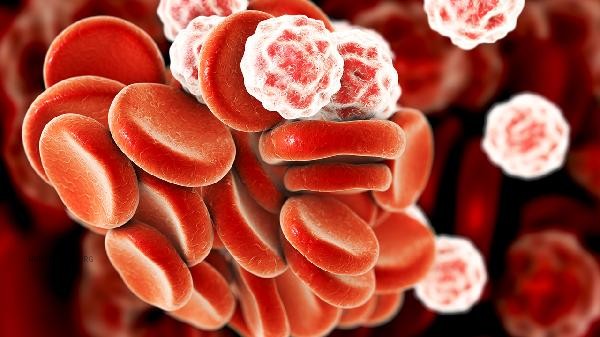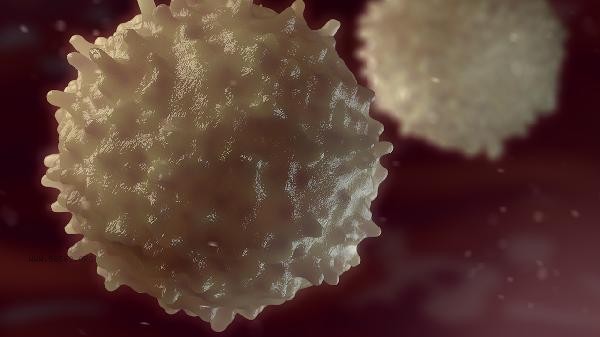The white blood cell count of 69.85 × 10 ⁹/L is significantly abnormally elevated, far higher than the normal reference value of 4-10 × 10 ⁹/L for adults, which may indicate severe infection, hematological diseases, or stress reactions.

1. infectious diseases:
Bacterial infection, such as sepsis and pneumonia caused by streptococcus pneumoniae, can lead to a sharp increase in white blood cells, often accompanied by fever, chills and other systemic symptoms. Mycobacterium tuberculosis infection may also cause leukemia like reactions, which need to be judged by combining tuberculin test and imaging examination.
2. Hematological system tumors:
Chronic myeloid leukemia (CML) is typically characterized by a white blood cell count exceeding 50 × 10 ⁹/L, and immature granulocytes at various stages can be seen in peripheral blood. Acute leukemia may present with abnormally high white blood cell count and an increased proportion of primitive cells, requiring bone marrow biopsy for diagnosis.
3. Leukemia like reaction:

Severe trauma, major surgery, or malignant tumors may induce leukemia like reactions in non hematological diseases, with white blood cell counts reaching 50-100 × 10 ⁹/L, but without leukemia characteristic changes such as Ph chromosome.
4. Drug factors:
Corticosteroid therapy can lead to a false increase in white blood cell count, usually dominated by an increase in neutrophils. Transient leukocytosis can also occur after the use of recombinant human granulocyte colony-stimulating factor G-CSF and other leukocyte enhancing drugs.
5. Testing error:
Hemolysis during blood collection, improper sample storage, or instrument malfunction may cause false increase in test values, and re sampling is required for re examination. Some automatic blood cell analyzers may have errors in identifying abnormal cell morphology and require manual microscopic review. If an abnormal increase in white blood cell count is found, immediate medical attention should be sought. Hematologists will further clarify the cause based on blood smear microscopy, bone marrow puncture, flow cytometry, and other methods. Daily blood collection should be avoided after intense exercise, and fasting should be maintained before examination. Moderately increase the intake of high-quality protein and vitamin C in diet, but do not take leukocyte boosting drugs on your own. Regular monitoring of changes in blood routine is crucial for assessing disease progression, and severe blood disorders require timely standardized chemotherapy or targeted therapy.










Comments (0)
Leave a Comment
No comments yet
Be the first to share your thoughts!